How are habits formed in the brain?
I love this quote by Octavia E. Butler.
“First forget inspiration. Habit is more dependable. Habit will sustain you whether you’re inspired or not. Habit will help you finish and polish your stories. Inspiration won’t. Habit is persistence in practice.”
It shows what role habits play in our life. There are days on which we don’t feel like taking action. But if we are successful in forming healthy habits, they can keep us going, even when we are unmotivated.
Think about it. We are creatures of habits. What do we do as soon as we get up?
Many people now reach for their phone. Or we would be going to the bathroom.
How does that instinct come to us?
Because our brain recognizes it as something we do every time a cue/trigger happens.
Knowing how habits are formed is important to form new habits and change old ones.
**This post contains affiliate links. I may receive a small commission at no extra cost to you if you make a purchase through my affiliate link**
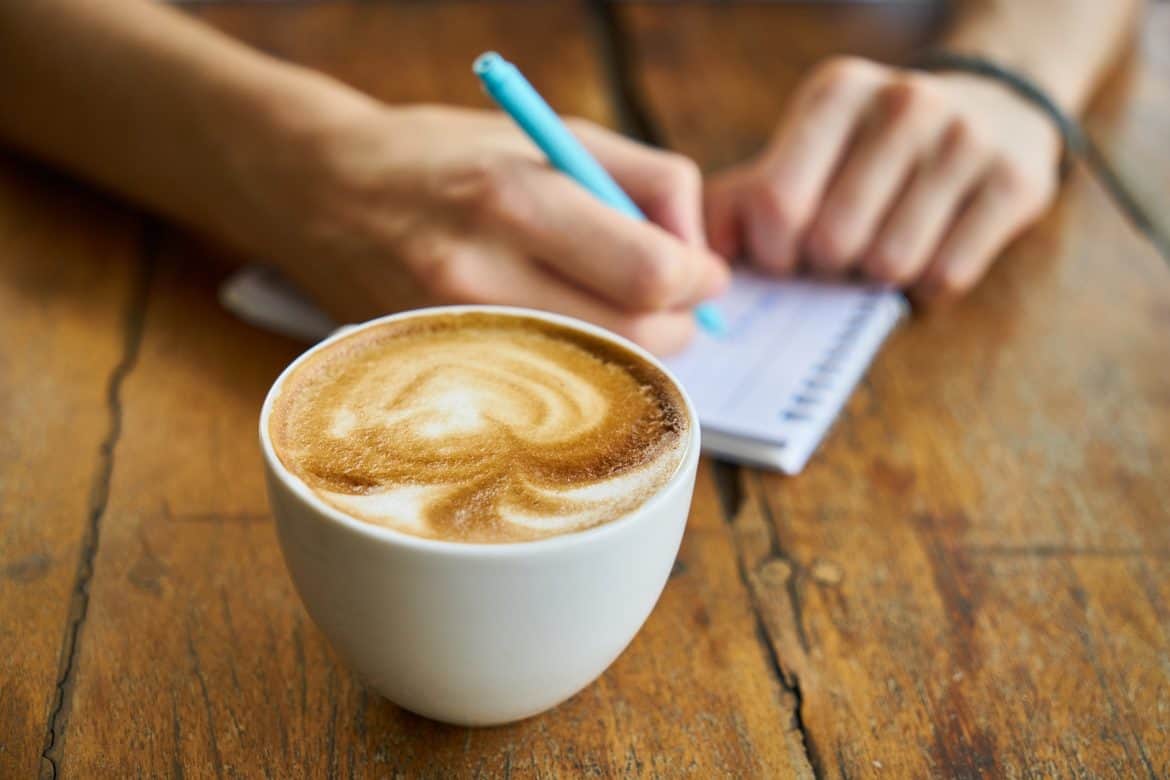
What are habits?
Habits are automatic behaviors that have been wired into our brains through repetition and as days pass, we do it less consciously.
Neuroscientists have found that there is a part of our brain called basal ganglia which is crucial for habit forming. Once a neural pathway for a habit is established in our brain, it never goes away. This is good for us since the thinking part of the brain can concentrate on other important activities.
But the downside is that our brain doesn’t recognize good habits from bad.
How are habits formed?
In his book, The Power of Habit, Charles Duhigg explains about the cycle that happens when we actually perform a habit.
- Cue
Cue is a trigger that tells your brain to go into automatic mode and which habit to use.
- Routine
It is what you do once you get the cue. It can be physical or mental or emotional.
- Reward
Reward helps your brain figure out if this particular loop is worth remembering for the future.
For example, take the habit of checking smartphones.
You are working, in your office or kitchen. Or you are talking to someone. Your phone buzzes (cue). You reach for your phone automatically even though you know it’s a junk mail or yet another useless forward message (routine). You read it (reward). You get rewarded by the momentary distraction (craving).
How many times has that happened to you?
If your brain likes the reward, it will crave for it again when the cue appears again.
Take the case of craving for junk food.
You are driving on a highway and you are hungry. You see a McDonald’s (cue). You pull off your car and orders a burger. You eat it (routine). You get rewarded. You ate a burger even though you knew there are healthier options available in other places.
Our cravings initiate habit loop.
Our brain remembers the outcome of each habit. It remembers the feedback. If it is positive, it acts automatically when the cue comes again. Thus, the loop is formed and the neural pathway for the habit gets wired into our brain.
In the above case, you have eaten a McDonald’s burger before and you know the taste. Your brain remembers it and craves for it again when the cue comes again.
Cues can be anything; it can be visual (when we see something), people (when we’re with certain people we get the urge to do certain things like smoking or drinking), our thoughts etc.
The good news is that you can change any habit if you identify what you crave for. Ultimately, both good and bad habits are formed based on rewards. Once you experience the reward of doing something, you crave for it again next time the cue appears before you.
For example, once you get the adrenaline rush after a good workout session, you want to experience it again. Once you experience how coffee stimulates you, you want it more. (Warning: Too much caffeine is bad for you).
If you scrutinize your bad habits also, you can understand there is some reward you crave for.
Understanding the habit loop and replacing the routine with something better of your choice, which gives the same reward, is the key to changing habits.
More articles on habits:
- 8 reasons why you don’t stick with new habits (and tips to stick with them)
- A powerful technique to get motivated when starting a new habit
- 10 best habits to have in life to improve yourself
- 15 powerful habits of happy people
- How to start a healthy lifestyle to become your best self
If you love what you are reading, please take a moment to PIN and SHARE!
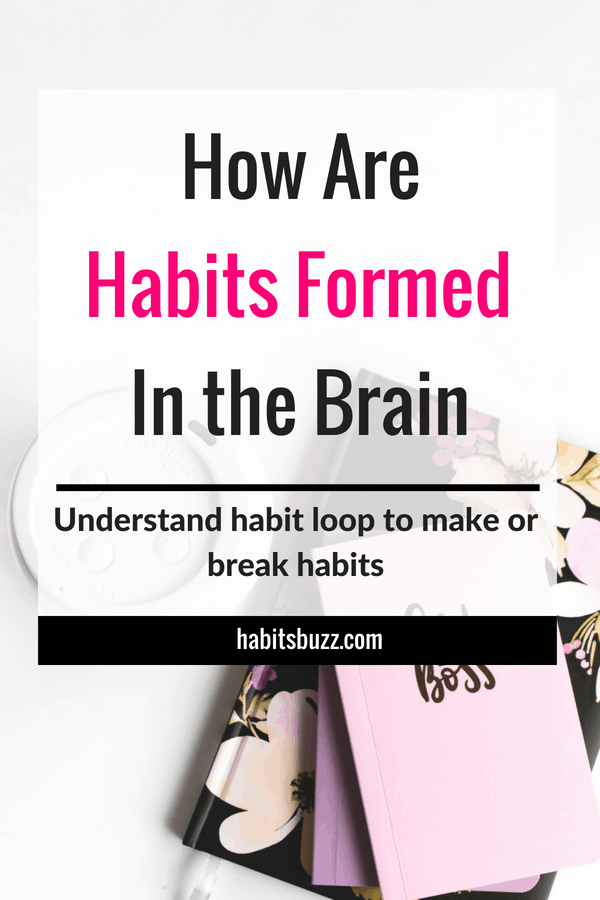
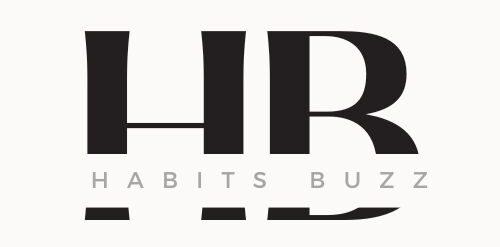


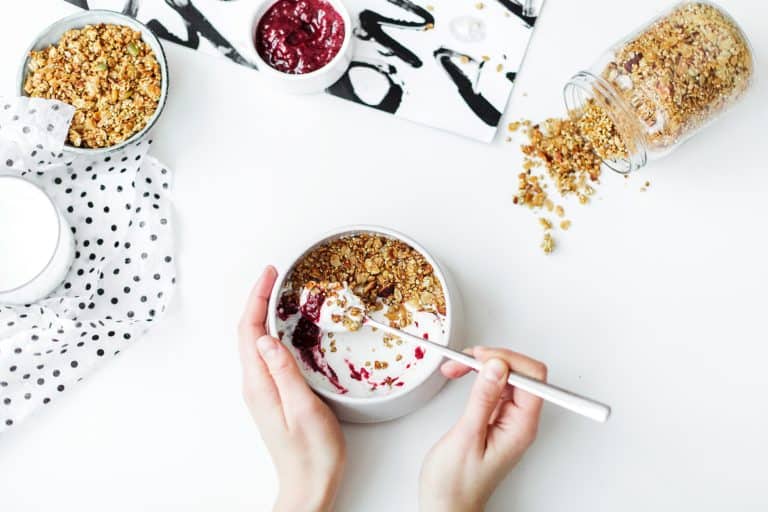
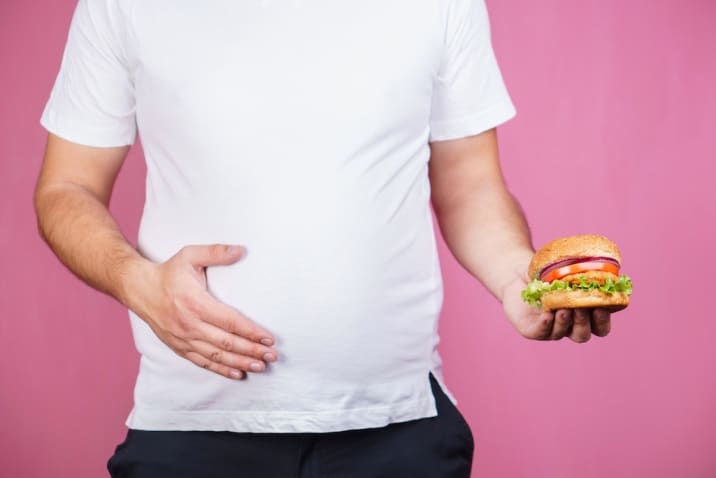
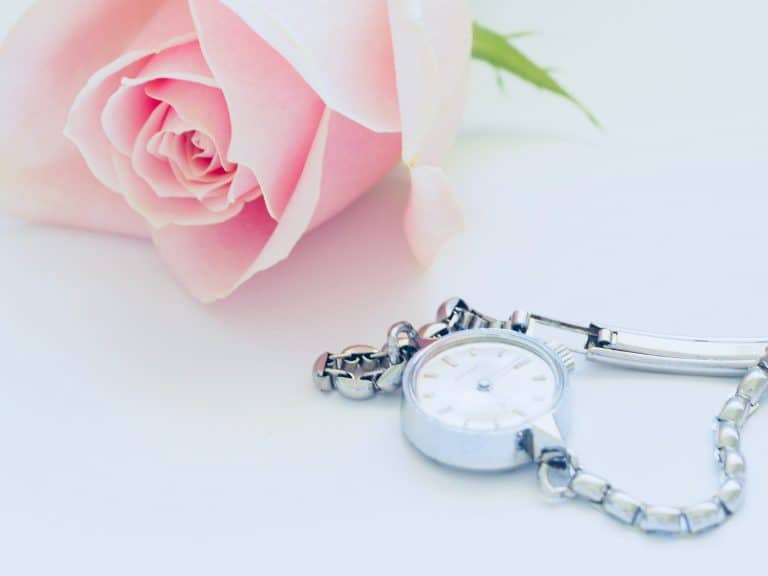

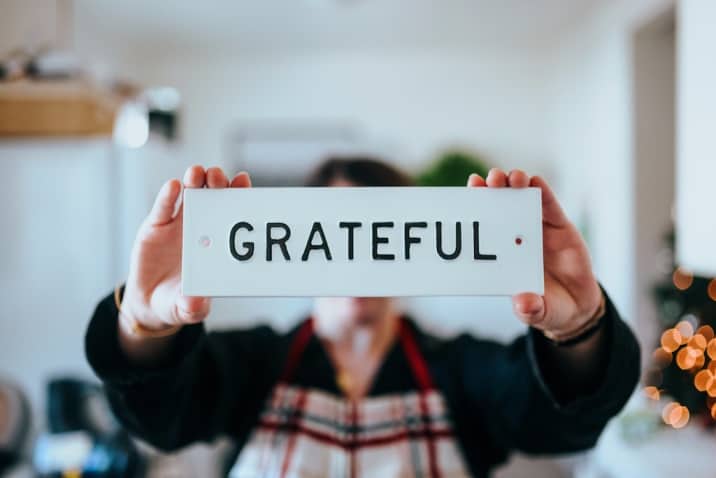
Hii, Nice article which helped me a lot,
Thank you so much.
You are welcome 🙂
That was good to read and informative!??
Nice article. Good one
Thank you Lakshmi!
Excellent article .. Habits are often uncontrollable but you can change bad habits to good habits if you control the cue!
Thank you!
Yes!
Reading this was interesting because we do not realize the day to day habits we have and why. the 10 best habits and getting out of a comfort zone is something i need to do.
i REALLY LIKE THIS ARTICLE, IT CLEARLY EXPLAINS HOW GOOD HABITS HELP US DAY BY DAY.
Thanks for reading!
The article clarify my doubt about basic architecture of habit develop in brain …Thank you very much for this useful information.
You are welcome:)
Great article, good inspiration!
Thank you:)
Very informative.
Haven’t thought about it from this angle before. Very informative.
Thanks for reading:)